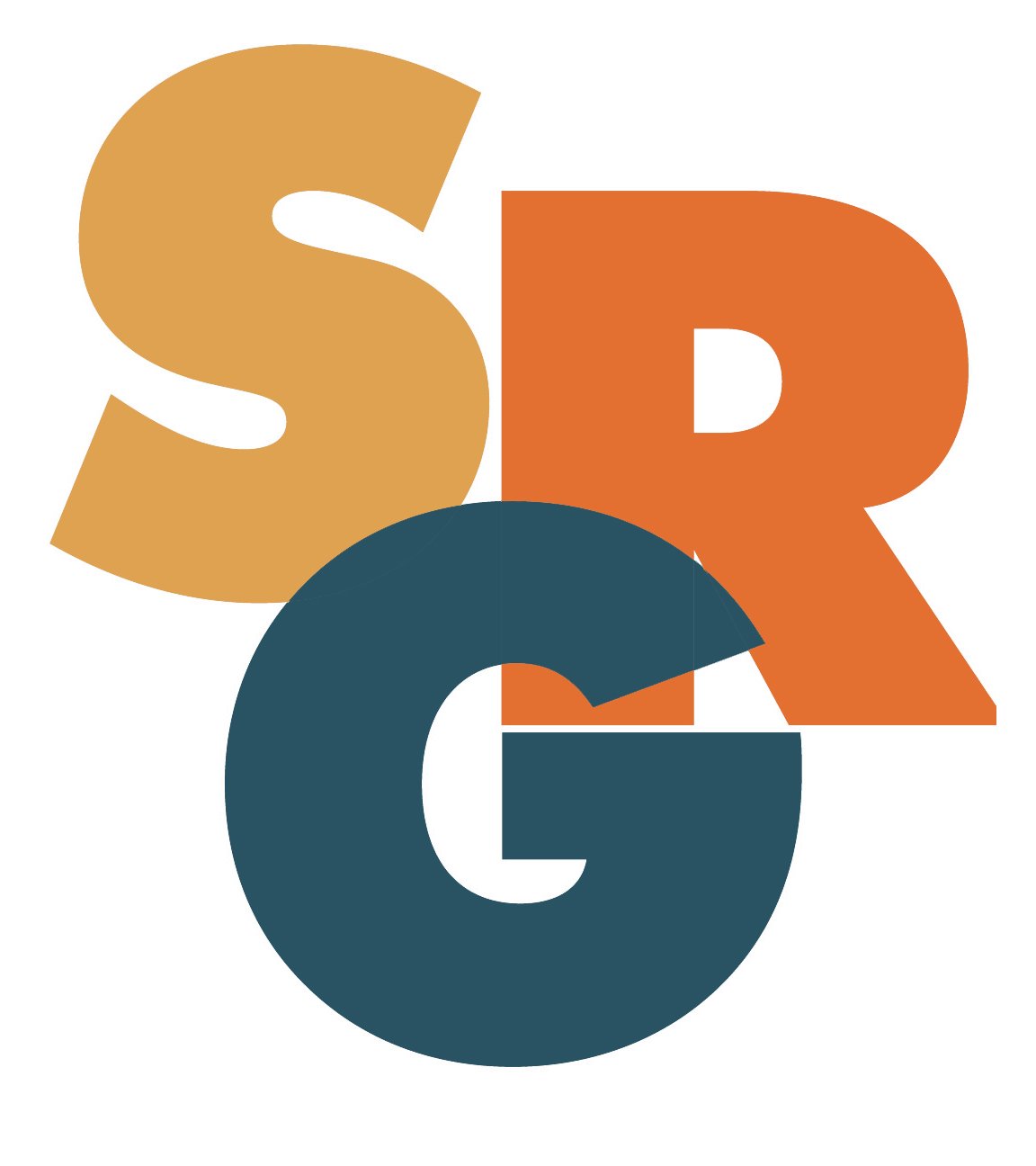Strong Boards Case Study
KUOW, Seattle
It’s a common assumption that changes in governance are most often a response to a crisis that forces an organization to take drastic measures to preserve itself. As we have surveyed the territory, our observation is that change is more often a multi-year accumulation of important events that slowly but surely strengthen the organization. Leadership and vision are key.
In the 1990s, KUOW experienced steady growth in listening and listener support. The licensee, the University of Washington, had reduced overall funding for the station, but indicated that it would continue for several years to provide a portion of the station manager’s salary, subsidize student wages, and help with a portion of the rent obligations. KUOW’s advisory board had, on a parallel track, built itself into a group of civic leaders with a personal investment in KUOW’s success as an important resource for the Puget Sound region.
In the late 1990s the advisory board took a long-term look at the kinds of overall changes that would need to occur to pursue KUOW’s mission to be “the most dynamic provider of news and information in the Puget Sound region and KUOW s long-range vision of strengthening public radio in our region. The review was triggered by the advisory board’s steadily increasing yet still informal fundraising role as the university moved KUOW toward a self-sustaining operating unit.
One of the most challenging aspects of their work was the University of Washington’s interest in maintaining its status as the licensee of KUOW. It is a common assumption that governance must fit one of two models - either “community licensee” model, with governance totally vested in a board of directors, or an “educational licensee” structure, in which station management might work with an advisory board, but where management reports to and works under the direction of a department head or the schools public relation’s office. In reality, there are highly functional models that are situated somewhere in between.
The KUOW advisory board recommended that the license for KUOW remain with UW, but that a new nonprofit organization operate the station in accordance with an LMA that would describe the operating parameters and expectations of UW and the nonprofit organization. A new board of directors would provide policy and other guidance to the LMA management, which would become the station management. The University of Washington endorsed this approach.
KUOW Advisory Board Findings and Recommendations
Today, KUOW is one of public radio’s most successful radio operations. The document that follows tells the story of this important transition.
